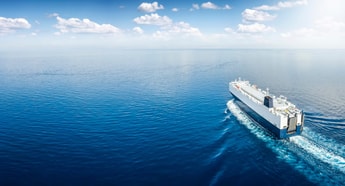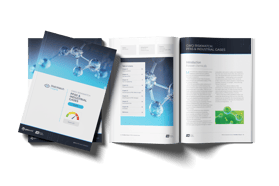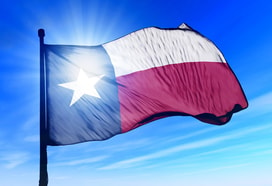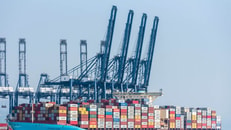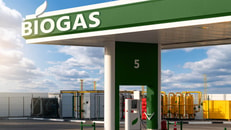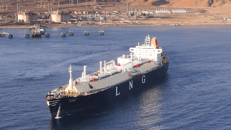Car trio commit to BioLNG shipping
Toyota Motor Europe, Ford of Europe and an unnamed major European vehicle manufacturer are to use vessels fuelled by BioLNG for cargo transport across Europe.
The commitment comes after the trio signed up to the United European Car Carriers’ (UECC) Sail for Change sustainability programme.
The combined yearly emissions reduction for UECC from the three is estimated at around 80,000 tonnes, or over one-third of its global Scope 1 emissions from ship operations of approximately 220,000 tonnes.
UECC CEO Glenn Edvardsen said, “Those willing to invest in sustainable transport now will ultimately reap the rewards as new regulations give a commercial impetus for green operations.”
... to continue reading you must be subscribed


